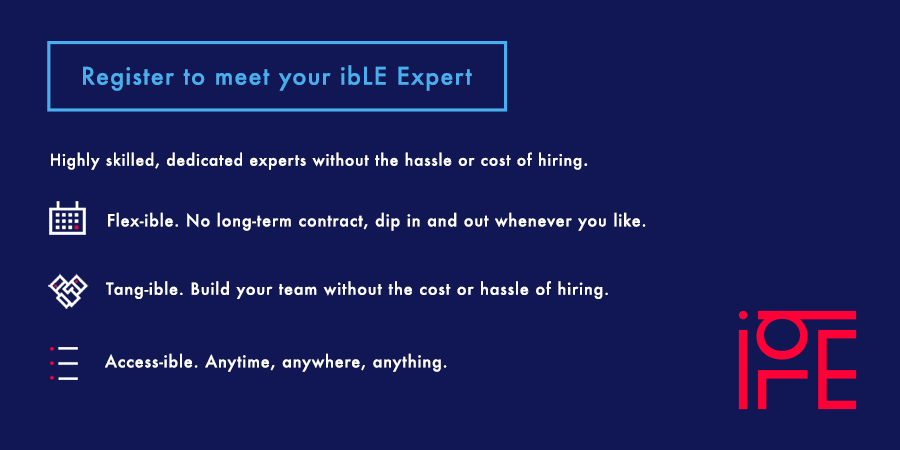Could remote working create more equal opportunities? Our Co-Founder, Emma Hatto, weighs in.
A recent study by Hubble showed that 86% of people want to work somewhere other than the office at least once a week and I’m not surprised. There are so many benefits of working from home (albeit, when they’re optional and not mandatory in the name of surviving a pandemic) but there’s one benefit in particular that really stands out to me: equality.
Just to be clear, there’s a lot more to creating equal opportunities than introducing a remote working policy, but this one change to your business can really have a positive impact.
For starters, did you know that only 27% of offices in the UK are wheelchair accessible? As unintentional as it may be, businesses are discriminating against people with disabilities, just from the office they have. If a new, more accessible office is not possible at this time, giving people the option to work from their well-equipped, accessible homes will create more opportunities for people with all kinds of disabilities.

A while ago, I came across this article about women with chronic illnesses who really struggled with the traditional office model. Their stories include experiences of sleeping in toilet cubicles and dealing with bosses who didn’t take their condition seriously. Working for themselves to adopt a more flexible work schedule from home quite literally changed their lives. Just think about how different their experiences would have been if they were able to work from home (and didn’t have bosses who were total a**holes)?
And it doesn’t just stop there. As we all know, mental health is a huge issue for thousands of people, with around 1 in 6 of us experiencing anxiety or depression during our lifetime. With so many different people to consider, all with different coping mechanisms, businesses can support their team’s mental health by giving plenty of working options. Remote working could be incredibly beneficial for some people who feel anxious around large groups (commuting) or in social situations, where having the structure of an office could actually help people who experience worsened symptoms of their mental health conditions when they’re isolated for long periods of time. Either way, choice can go a long way.

Speaking of choices, this recent trial period of virtual working has given people the choice to work and live from anywhere in the world. What does this mean for equality? Well, let’s take London as an example. London is the 19th most expensive city to live in, in the entire world which can be a financial hurdle for a lot of people. But London is also bursting with fantastic opportunities. What if London businesses (and all businesses) allowed their teams to work from anywhere? This could open doors for more talent from working class backgrounds and build the foundations for more diverse industries.
Every single person has a different life path that they want to follow and flexible working combined with virtual workspaces allows people to enjoy their path, without having to compromise. They can see the world and climb the career ladder. Buy a home in an affordable area and still work for the company they love. Have kids and split the workload equally between two parents who are at home all the time.

There are so many skilled people who have had to press pause on their career just so they could live elsewhere or because offices didn’t have the facilities to accommodate them and honestly, it’s a tragedy. A tragedy for them and a tragedy for businesses who are missing out on all the great talent out there.
Every day, when I speak with our ibLE experts, I’m so happy to hear how different everyone’s lives are. We are a completely virtual team — always have been, always will be. We have experts living abroad, raising their families, working around side projects and more. Our flexible, remote working policy allows them to work and live on their terms and it’s something that I’m immensely proud of. In a post-Covid world, I hope businesses give their teams the option to continue working from anywhere, because it could quite possibly make work/life balance a reality for everyone.


